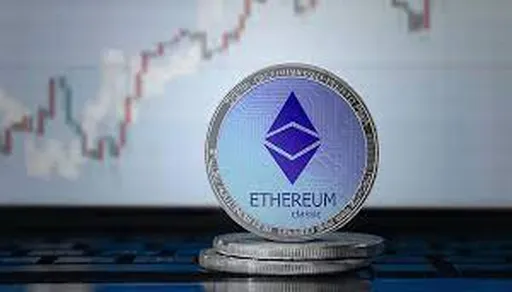Vitalik Dmitrievich Buterin or Vitalik Buterin, is known to the world as the founder of Ethereum. A computer programmer by profession, this Russian-Canadian techie got involved with cryptocurrency right at its inception. Before introducing Ethereum to the world, he co-founded Bitcoin Magazine in 2011. In 2014, Buterin built the Ethereum blockchain with Joseph Lubin, Anthony Di Lorio, Charles Hoskinson, and Gavin Wood.
Early Life, Education & Achievements
Born in 1994, Buterin was introduced to the computer world at a very young age. His father was a computer scientist in Russia, but he moved to Canada for better opportunities. In third grade, he was placed into a class of gifted children due to his interest in economics, mathematics, and programming. He completed his primary education in Toronto at the Abelard School.
At the age of 17, Buterin learned about Bitcoin from his father. After graduating from high school, he went to the University of Waterloo. He took advanced courses while being a research assistant for cryptographer Ian Goldberg. He was awarded a bronze medal in the International Olympiad in Informatics in Italy 2012. In 2013, he met many other developers with the same enthusiasm for cryptocurrency—in the same year, they published a white paper that propounded Ethereum.
Breakthrough into the Crypto World
In 2011, Buterin got an offer for writing an article for a publication called Bitcoin Weekly in lieu of five Bitcoin ($3.50 back then). He wrote for the same publication until it shut down due to insufficient revenue. Soon after, he co-founded Bitcoin Magazine in partnership with MIhai Alisie. He acted as the co-founder as well as the leading writer. In 2012, he approached the then-CTO of Ripple, Jed McCaleb, for a job.
McCaleb accepted the job proposal but could not provide a US visa to Buterin. In 2013, he advocated the integration of a scripting language into the Bitcoin network. His proposal failed to gain traction, and then he worked on the whitepaper of Ethereum. In 2014, Buterin received a grant of $100,000 from the Thiel Fellowship. After that, he dropped out of college and worked on Ethereum full-time.
In the same year, public interest grew in Ethereum and Buterin gave a 25-minute speech about it at the North American Bitcoin Conference. He raved about a decentralized permissionless network that could apply to a wide range of industry applications. While working on Ethereum, he held a position on the editorial board of Ledger in 2016
On November 30, 2018, the University of Basel gave him an honorary doctorate.
In the same period, he met with politicians and economists to discuss the possible implementations of Ethereum in different domains. Buterin has also worked as a developer on other open-source software projects too.
Accolades
2014 he was awarded the World Technology title in the IT software category.
In 2016, he was included in the Fortune 40 under 40 list.
In 2016, he was enlisted in the Fortune 40 under 40 list
In 2018, he was included in the Fortune 30 under 30 list.
In 2021, he won the Savvy Award
In 2021, he won the Time 100 Award.
Philanthropic Activities
In 2017, he donated $763,970 of Ether to the Machine Intelligence Research Institute for research and development purposes.
In 2018 he donated $2.4 million of Ether to the SENS Research Foundation.
In 2021, he donated USD 1.14 billion worth of SHIBA Coins to India’s Crypto Covid Relief Fund.
In 2021, he donated $336 million worth of Dogelon Mars to the Methuselah Foundation.
Buterin was also quite vocal about his support for Ukraine during the Russian invasion of Ukraine in 2022. He also donated crypto to projects supporting the country.
Conclusion
Vitalik Buterin is a notable personality in the world of cryptocurrency. His persistence in research makes him a true admirer of technology. In the last few years, he has emerged as an iconic figure in the crypto sphere, constantly working towards the technology’s advancement.




